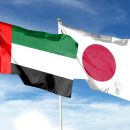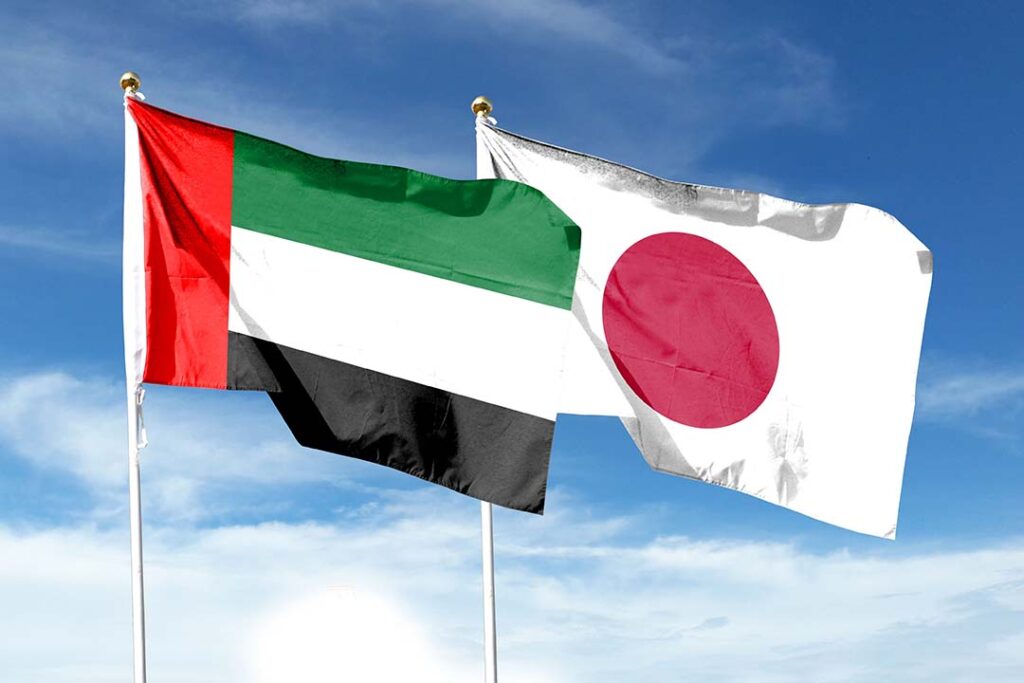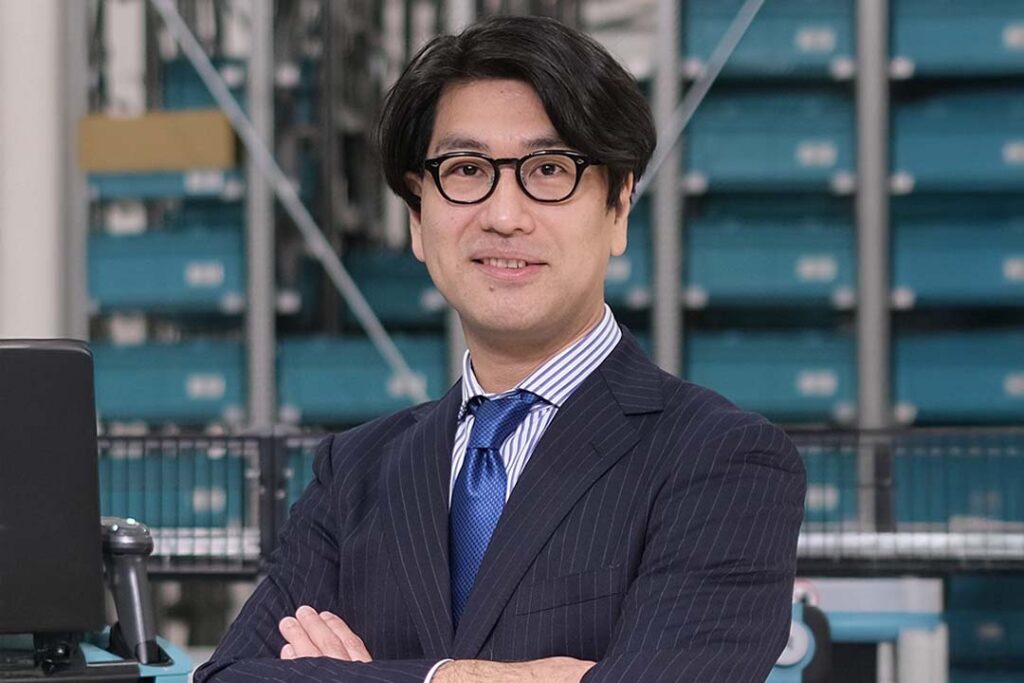Bridges: How is THPI contributing to the Philippines’ healthcare sector in terms of providing improved access to care?
Villanueva: “Taking inspiration from the patients we serve, our collective mind-set is that of an organization capable of providing a holistic approach and an integrated system to ensure Filipino patients have access to treatment and knowledge about their disease. We help patients receive timely consultations, diagnosis and ongoing care.”
What projects and partnerships are you most proud of and what can we expect from THPI in 2022/2023?
“Based on our insights about lymphoma patients in the Philippines, it takes approximately five to ten visits to different doctors before being properly diagnosed. To better educate patients, we partnered with five major medical societies and two non-profit organizations (NGO) and launched the ‘Spot Lymphoma, Stop Lymphoma’ campaign. Part of the communication campaign is to highlight that a simple checking of lumps on the neck, groin or underarms is a basic strategy to check for lymphoma.”
We will continue to strengthen our efforts and deliver better health and a brighter future to Filipino patients by expanding our product portfolio and launching new innovative access schemes.
Lo-ann E. Villanueva, Country Manager of Takeda Healthcare Philippines Inc.
Patients often have difficulty accessing ‘CD30 Screening’ to get a confirmatory diagnosis prior to treatment. Through our partnership with the Philippine Cancer Society, Takeda provided ‘CD30 screening’ through twenty four hospitals, the majority of which are located outside Metro Manila.”
“Recently we partnered with ‘Care PH’, an NGO taking the lead in integrating hospital registries for cancer cases. This is an important project as the Philippines does not currently have a fully-integrated surveillance system for cancer patients; something which is critical for policy development and the public health agenda. As of today, forty two hospitals have signed up to this project.”
“We have learned that providing confirmatory diagnosis for CD30 lymphomas among pathologists is a challenge. We collaborated with the Philippines College of Hematology and Transfusion Medicine on a series of workshops for Philippine pathologists to improve their skills and ensure early and proper diagnosis of Hodgkin lymphoma and other CD30 (+) lymphomas.”
“To address affordability barriers, we launched our ‘Patient Assistance Program’ in 2017. This is a unique, means based assessment program in which patients can access their lymphoma treatment with Takeda’s targeted therapy at a price that is based on the patient’s financial capacity to pay. We have since made this solution accessible to patients who are unable to pay their treatment in full.”
“We have addressed the need for patients to have continued care throughout their treatment-journey by identifying the fact that oncology nurses have a critical role to play in educating patients and helping them with their treatment infusion and chemotherapy sessions. We partnered with an NGO to provide training to oncology nurses to enrich their capabilities in educating patients about proper nutrition, psychosocial care and integrative medicines management.”
“Here in the Philippines, I am proud that our team is at the forefront of advocating holistic cancer care throughout the patient journey. We will continue to strengthen our efforts and deliver better health and a brighter future to Filipino patients by expanding our product portfolio and launching new innovative access schemes.”


What ‘Philippines – Japanese’ synergies do you see within your industry?
“The Philippines looks up to Japan and the country’s strong commitment to innovation, business prosperity and values. Innovation plays an important role within the pharmaceutical industry and drives the need for organizations to be attuned to future trends and to anticipate the needs of customers and patients. As our industry continuous to evolve, businesses and organizations need to practice sustainability, deliver safe, quality products and services in a timely manner and practice proper governance at all times. Japanese organizations consistently exhibit this approach and have created a benchmark for the industry.”
“Regarding our healthcare systems, there are benefits to sharing best practices. In the Philippines the out-of-pocket spending for healthcare is over fifty percent which means that for the majority of the population, quality healthcare is out of reach. In contrast, Japan has a very comprehensive health care program and the government funds up to seventy percent of patient costs.”
“Japan’s expertise and experience in implementing a comprehensive healthcare system to improve the lives of their citizens are meaningful lessons not only for the pharmaceutical industry but also for public health stakeholders. On the other hand, despite limitations in funding, the Philippines is gradually addressing barriers to healthcare through its resourcefulness and creativity. These are valuable assets in addressing operational costs and ensuring objectives are met.”













